Question And Answer
Publications
Articles, publications, books, tools and multimedia features from the U.S. Institute of Peace provide the latest news, analysis, research findings, practitioner guides and reports, all related to the conflict zones and issues that are at the center of the Institute’s work to prevent and reduce violent conflict.
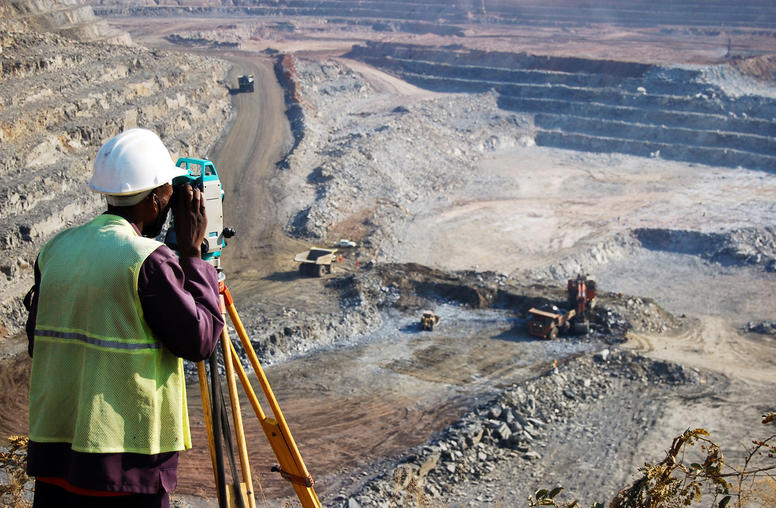
Critical Minerals in Africa: Strengthening Security, Supporting Development, and Reducing Conflict amid Geopolitical Competition
The United States Institute of Peace convened a senior study group to explore the role Africa plays in the United States’ efforts to diversify US critical mineral supply chains and how new investment in partnerships with African countries could help drive economic development and strengthen peace and security on the African continent. Based on meetings and interviews with relevant technical, operational, and policy experts, the study group developed multiple recommendations for the United States to support mutually beneficial public and private partnerships with African nations.
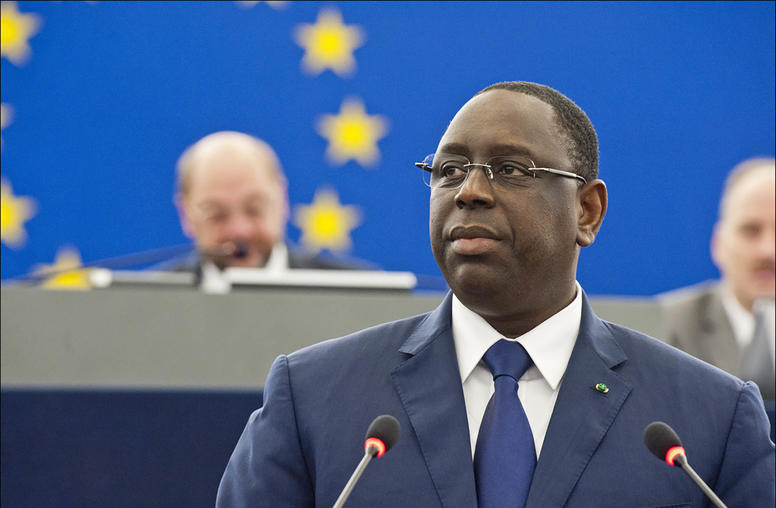
Suddenly, Senegal Is a New Risk for Democracy in Africa
The sudden actions by Senegal’s president to postpone this month’s presidential election by 10 months threaten to seriously undermine political stability and peace in a nation that has been a resilient democracy in West Africa, where multiple military coups d’état have occurred in recent years. This move poses risks of authoritarianism, violence and economic setbacks for Senegal’s 17 million people, and deeper regional insecurity. Friends of Senegal and democracy, in the United States, Africa and beyond, must unite behind the clear desire of Senegal’s people to maintain peaceful, freely elected democracy under its constitution.
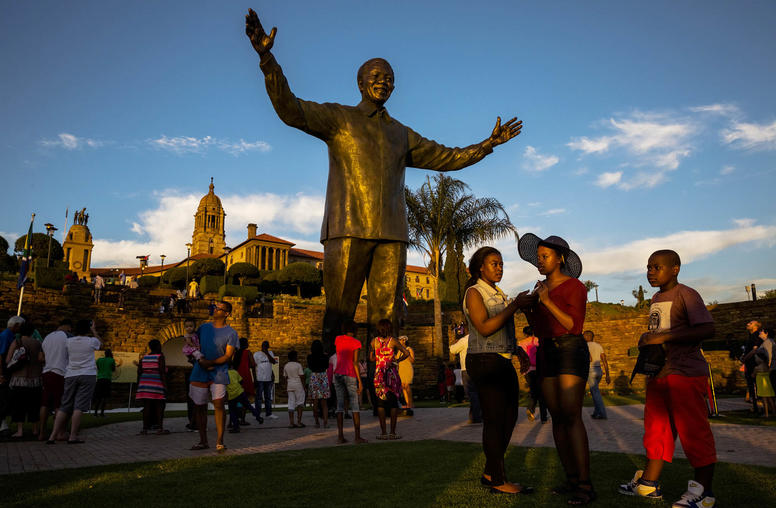
10 Years On, Mandela’s Model Can Build Peace in a Despairing World
Americans and people worldwide are alarmed, even despairing, at our world’s rise in violent conflict. Amid Russia’s assault on Ukraine and yet another brutal spasm of the Israeli-Palestinian conflict, people are rightly asking what changes our governments and communities need to halt this spread of bloodshed, notes Ambassador Johnnie Carson, a dean of diplomacy and peacebuilding. Days from now, the world will mark 10 years since the death of Nelson Mandela, the liberation leader, South African president and Nobel Peace Prize laureate. Mandela’s example, Carson says, offers reminders of what we need today to turn back the tide of warfare.
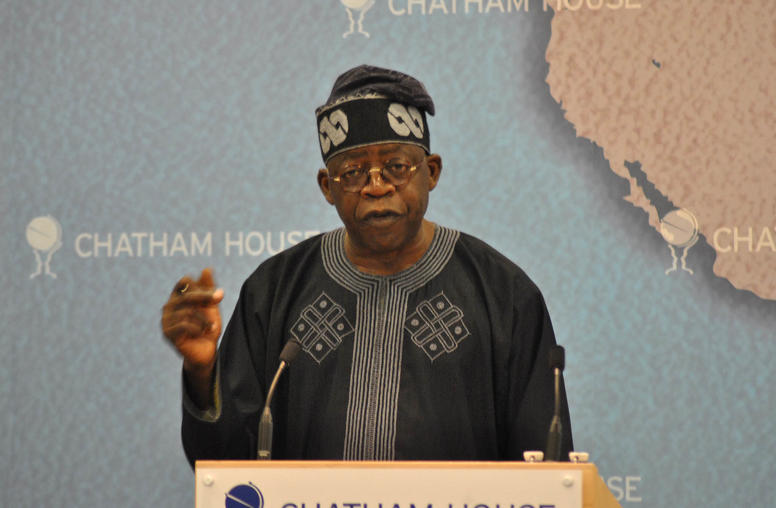
West Africa’s Leaders Face the High Stakes of Niger’s Coup
Amid the global challenges to building international stability and peace, a crisis increasingly forcing itself to the foreground — even amid those of record human displacement, climate degradation and unresolved wars — is the plunge by six countries across Africa’s Sahel region into coups d’état and military rule. Eight coups since 2020 have left 150 million people under rule by their armed forces. The latest coup, in Niger, is drawing a heightened international response, and a key player, the 15-nation West African community, today that it will pursue a long campaign of economic and diplomatic pressure, and that it sees military force as a last resort.
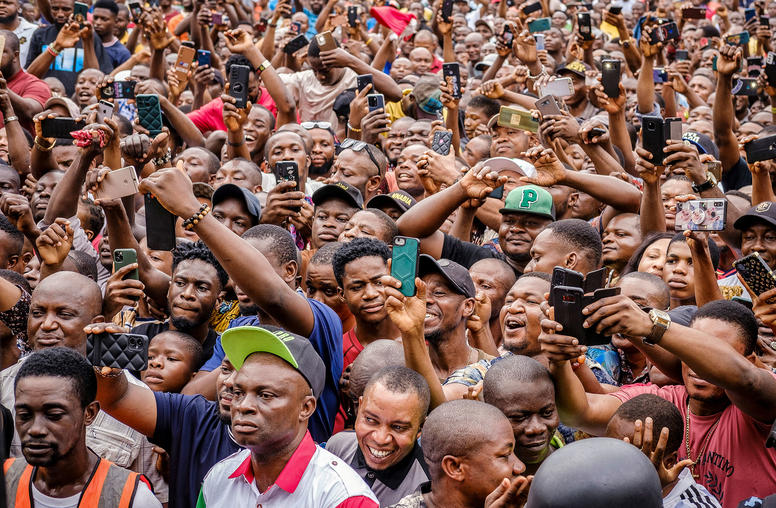
Nigeria’s Vote Signals Risks: How Its Partners Can Support Democracy
Nigeria’s disputed election 12 days ago is raising protest at home and concern abroad over its implications for the strength of democracy in that country and across Africa. Yesterday’s new wrinkle was the postponement of this week’s planned election for Nigerian state governors. Nigeria’s electoral commission is working to fix problems in a vote management system that failed to transparently process and report a result on February 25. An erosion of democracy’s credibility in Africa’s most populous nation would be catastrophic.
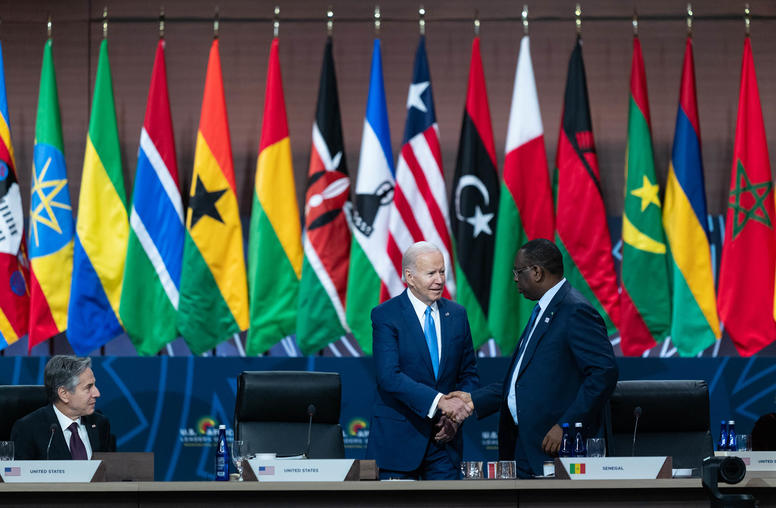
America Must Now Build the Partnership it Offered to Africa
A month after leaders from 49 African states returned home from the U.S.-Africa Leaders Summit, their region’s struggles have shifted back into their frequent place in global news headlines and discussion, often obscured by crises from Ukraine to China to the Middle East. So it’s a good moment to refocus on a specific “to-do list” for President Joe Biden’s vow that “the United States is ‘all in’” on the future of the continent with the world’s fastest-growing population. To be “all in” on Africa’s future requires concrete steps on at least six needs.
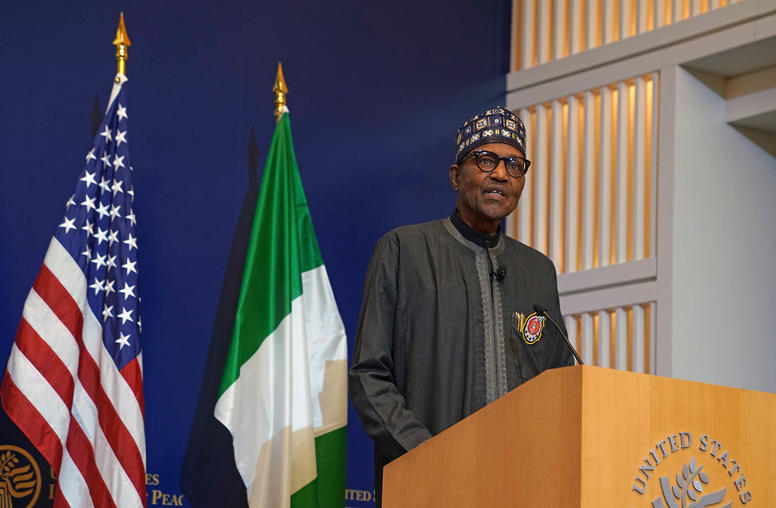
Nigeria’s Buhari Vows a Credible Election to Bolster Democracy
Nigerian President Muhammadu Buhari says he expects a credible election to choose his successor in just 10 weeks. A credible, publicly accepted result and a peaceful transfer of power could help consolidate democracy in Africa’s most populous country following democratic setbacks in the region, notably seven coups in 26 months in the Sahel and West Africa. Buhari, first elected in 2015, is completing his second term in office, the constitutional maximum, and is to hand power to his elected successor in May — an extension of democracy that Buhari has said he wants to ensure as part of his legacy to the country.
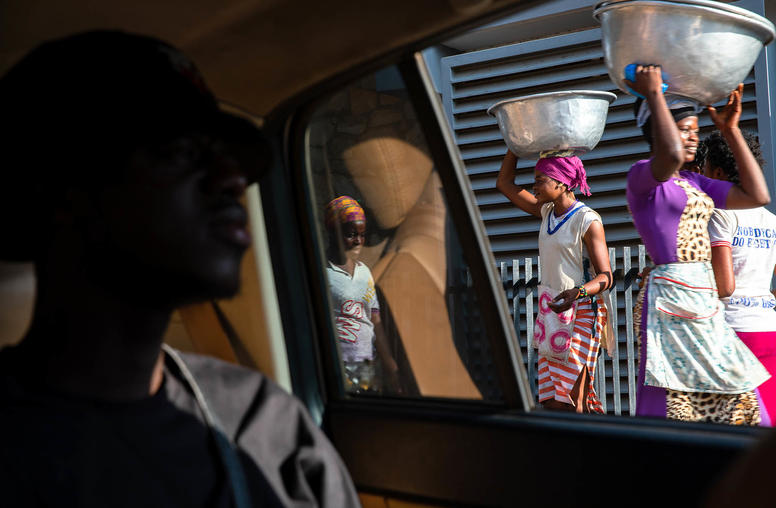
Coastal West Africa Senior Study Group Final Report
The countries of Coastal West Africa are currently facing significant challenges to peace and security as extremist violence spills over from the neighboring Sahel region. Attacks in 2022 in the northern parts of Benin, Côte d’Ivoire, and Togo illustrate the immediacy and gravity of the threat, and governments across the subregion are grappling with protecting fragile communities in the north, addressing porous borders that facilitate attacks from neighboring states, and building the capacity of security forces to address the threat.
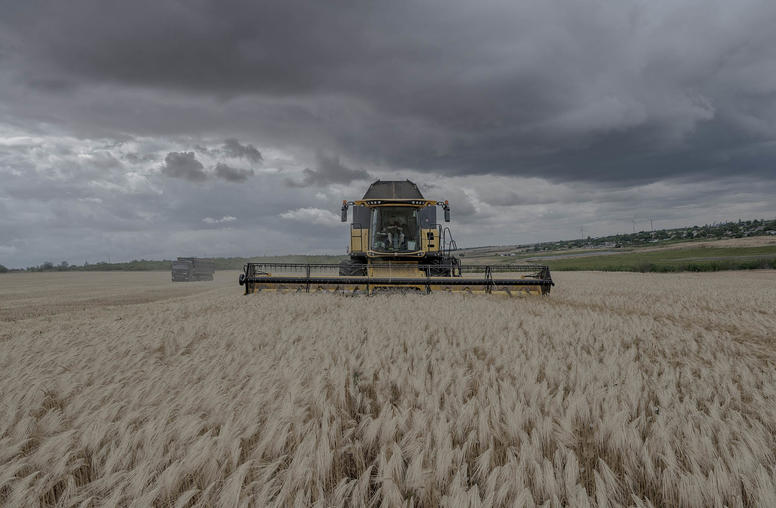
Ukraine’s Africa Visit Shows Its Fight Against Russia Goes Beyond the Battlefield
In the days before Russia’s bombing escalation in Ukraine in early October, Ukrainian Foreign Minister Dmytro Kuleba was visiting Africa in a bid to garner support and counter Moscow’s propaganda about the war. While much of the Western world has rallied around Ukraine, African states have largely avoided taking sides. For its part, Russia has been on a diplomatic offensive in much of the Global South, lobbying African, Asian, Latin American, and Middle Eastern countries to not join international sanctions and condemnation against Moscow. Indeed, Ukraine’s fight against Russia is not only taking place on the battlefield, but also through an ambitious and needed international diplomacy efforts that extends from Europe to the Global South.
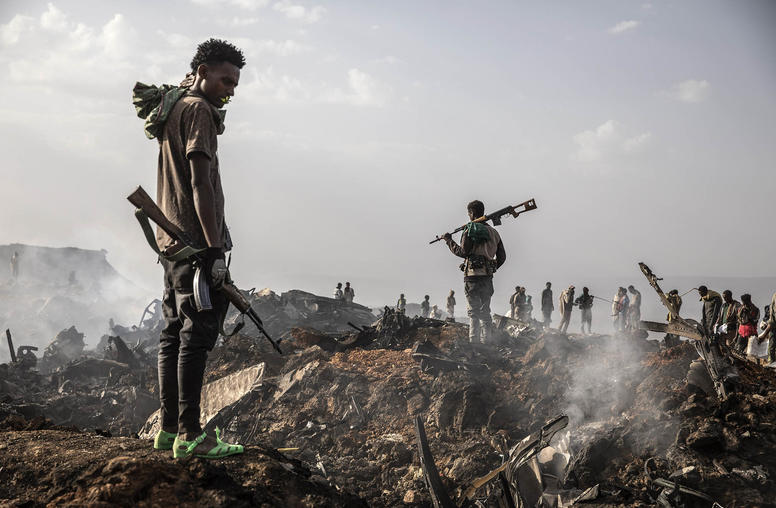
Ethiopia’s civil war is raging. How can it get on track toward peace?
In August, the devastating conflict in northern Ethiopia resumed, effectively ending the March 2022 humanitarian truce between the Ethiopian federal government and Tigrayan forces, which many hoped would pave the way for a negotiated cease-fire and peace talks. This week, the African Union’s chairperson called for an immediate cease-fire and U.S. Secretary of State Antony Blinken also called on the parties to cease hostilities and participate in talks organized by the African Union. What comes next in Ethiopia will have major implications for its people, the strategically vital Red Sea arena and for U.S. interests in the region. Stepped up, senior-level U.S. engagement is direly needed to get Ethiopia on a path toward peace.